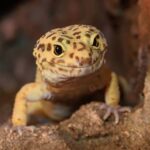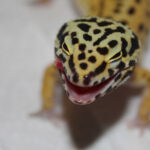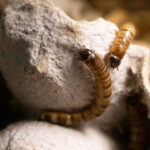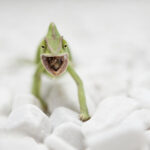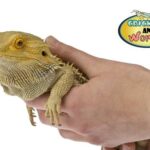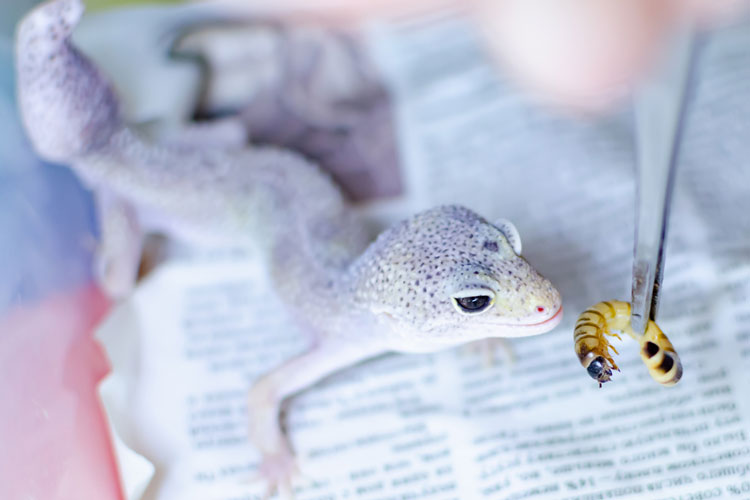
Six Tips to Feed Your Leopard Gecko Right
Leopard geckos are adorable, friendly reptiles that make great house pets. They are nocturnal animals and prefer to sleep during the day. When choosing to feed your leopard gecko, you must consider their natural diet and eating habits. Here are some interesting ways to feed your leopard gecko the best reptile food for your little pet.
1) Determine the Right Quantity of Food to feed your leopard gecko
It is crucial not to over- or underfeed your leopard gecko. Overfeeding can lead to obesity, while underfeeding can stunt their growth. Generally, young geckos should be fed once a day. You may feed adults every other day. Generally, you should feed your leopard gecko as much food as it can eat in one sitting.
2) Choose the Right Type of Food
Leopard geckos are insectivores, so their diet should consist primarily of insects. Crickets and mealworms are good choices for live food, while wax worms make occasional treats. While feeding live food to your gecko, ensure the insects are not bigger than the space between their eyes. This will help prevent choking and other health problems.
3) Include Calcium Supplements
For your leopard gecko to stay healthy, it is essential to provide them with a calcium supplement. Calcium may be provided as a powder sprinkled on pet food or in the form of calcium-enriched insects. Talk to your veterinarian to ensure your pet gets a balanced diet.
4) Choose Live Feed Over-Processed Food
While there are many types of processed reptile food on the market, feeding your leopard gecko live insects is always best. This is because live insects provide more nutrients and moisture, which are essential to a healthy diet. For example, live mealworms provide essential proteins, while crickets provide essential vitamins and minerals.
5) What To Feed Your Leopard Gecko and Know What to Avoid
Bugs that light up in the dark, such as fireflies, should never be fed to your leopard gecko. These bugs may contain toxic chemicals that can make your gecko very sick. Avoid feeding wild-caught insects if you do not have any in-depth knowledge about them. These insects may contain parasites or other harmful bacteria that can make your gecko fall ill.
6) Leopard Geckos May Refuse Food for Various Reasons
There are various reasons why your leopard gecko may refuse to eat. Some include environmental changes, health problems like mouth sores, etc. During the breeding season, leopard geckos may stop eating to save energy for reproduction. If your leopard gecko stops eating for more than two weeks, it is crucial you take them to the nearest vet and rule out any serious health problems.
Looking to Feed Your Leopard Gecko The right food? Cricket and Worms Has You Covered!
Crickets and Worms sells the highest quality of crickets and worms to reptile and bird pet parents. We offer an extensive range of feeder insects to meet your pet’s needs. Our products are farm-raised and free from pesticides, and you can be sure your pet is getting the best quality food. Visit our website to learn about our products and how to care for your reptile or bird pet.
Post Views: 922
Recent Posts
Categories
Most Viewed Posts
Recent reviews
-
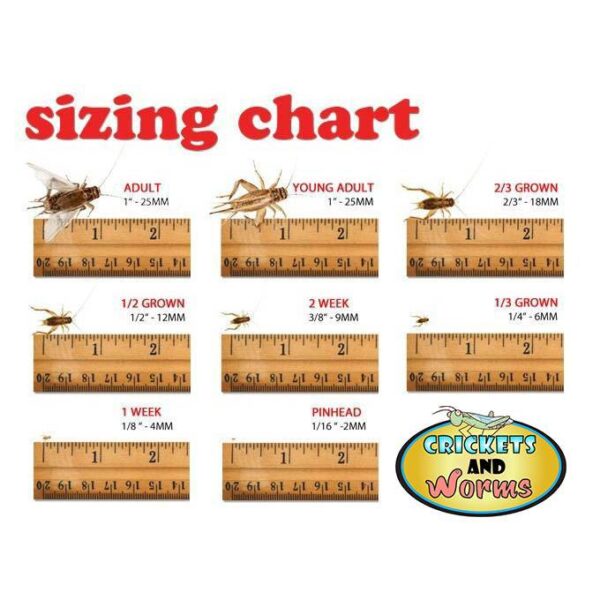 LIVE CRICKETS 1000/BOX
Rated 5 out of 5by Jeff C.
LIVE CRICKETS 1000/BOX
Rated 5 out of 5by Jeff C. -
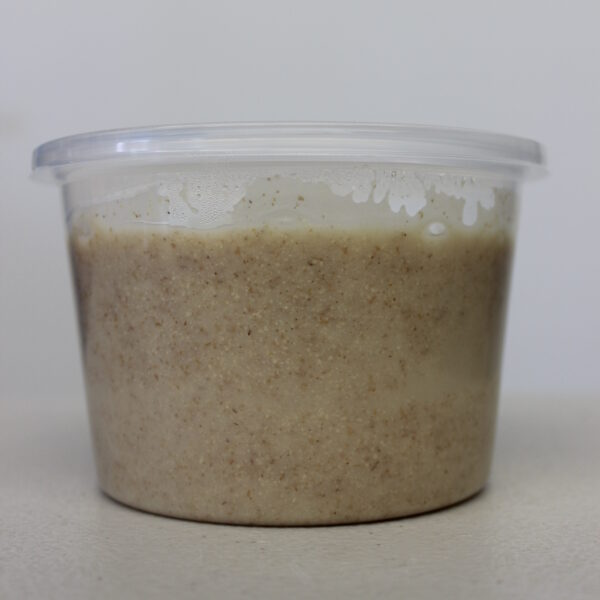 Hornworm Cooked Food
Rated 5 out of 5by Gemma
Hornworm Cooked Food
Rated 5 out of 5by Gemma -
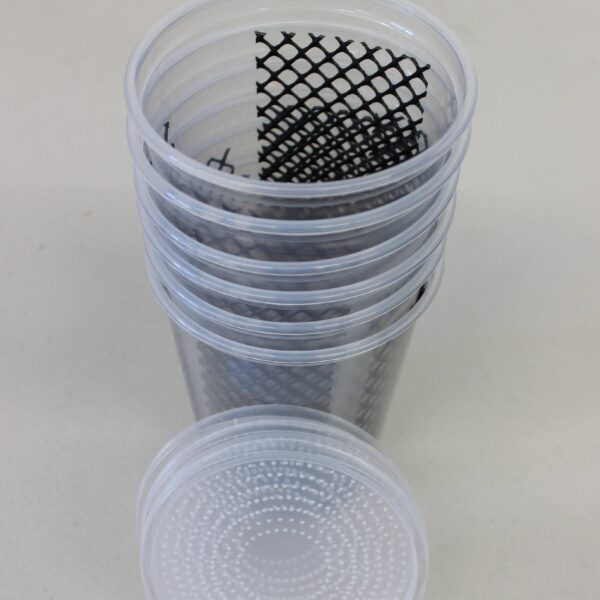 Hornworm Cup with Stapled Screen and Lid (5 pack)
Rated 5 out of 5by Gemma
Hornworm Cup with Stapled Screen and Lid (5 pack)
Rated 5 out of 5by Gemma

